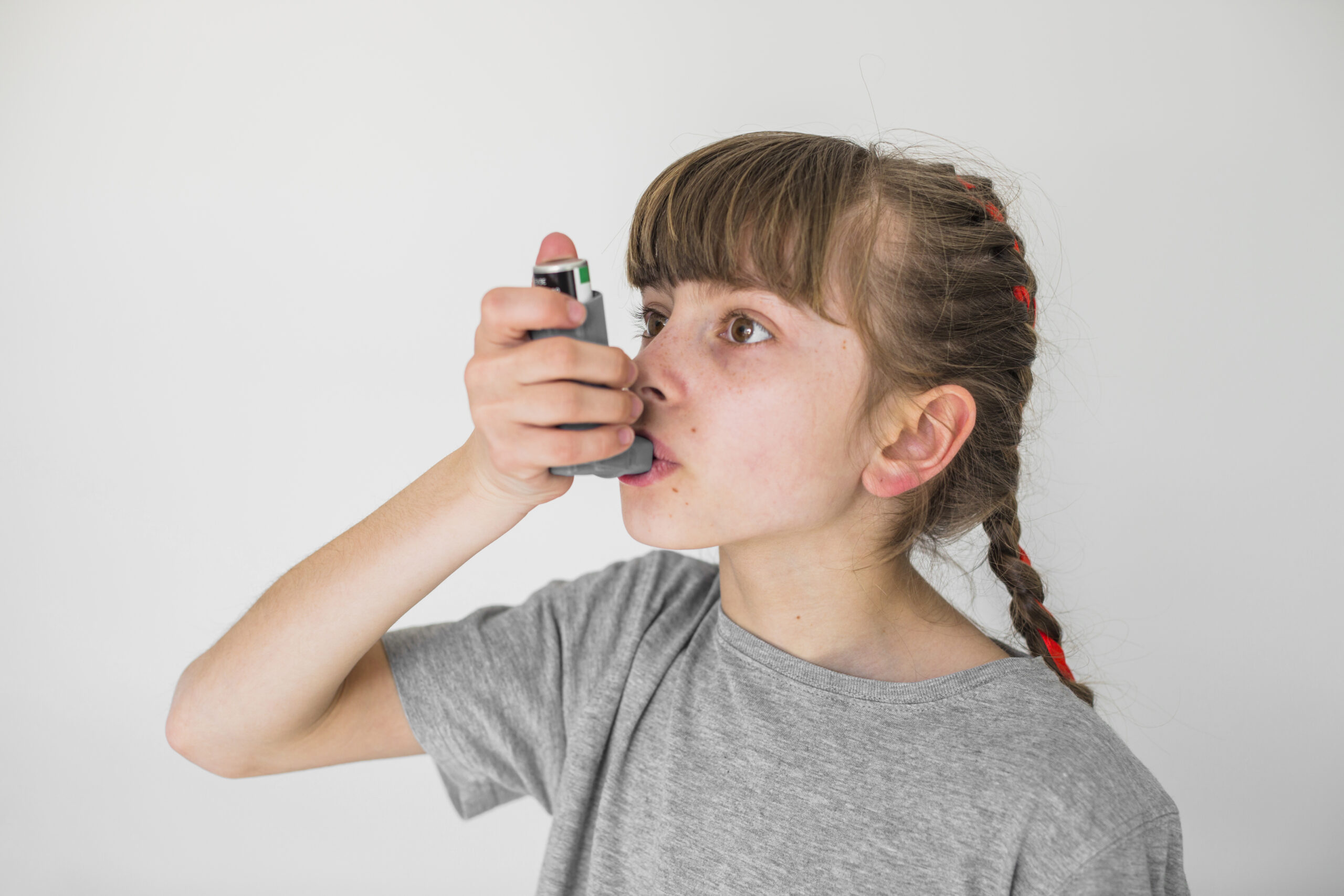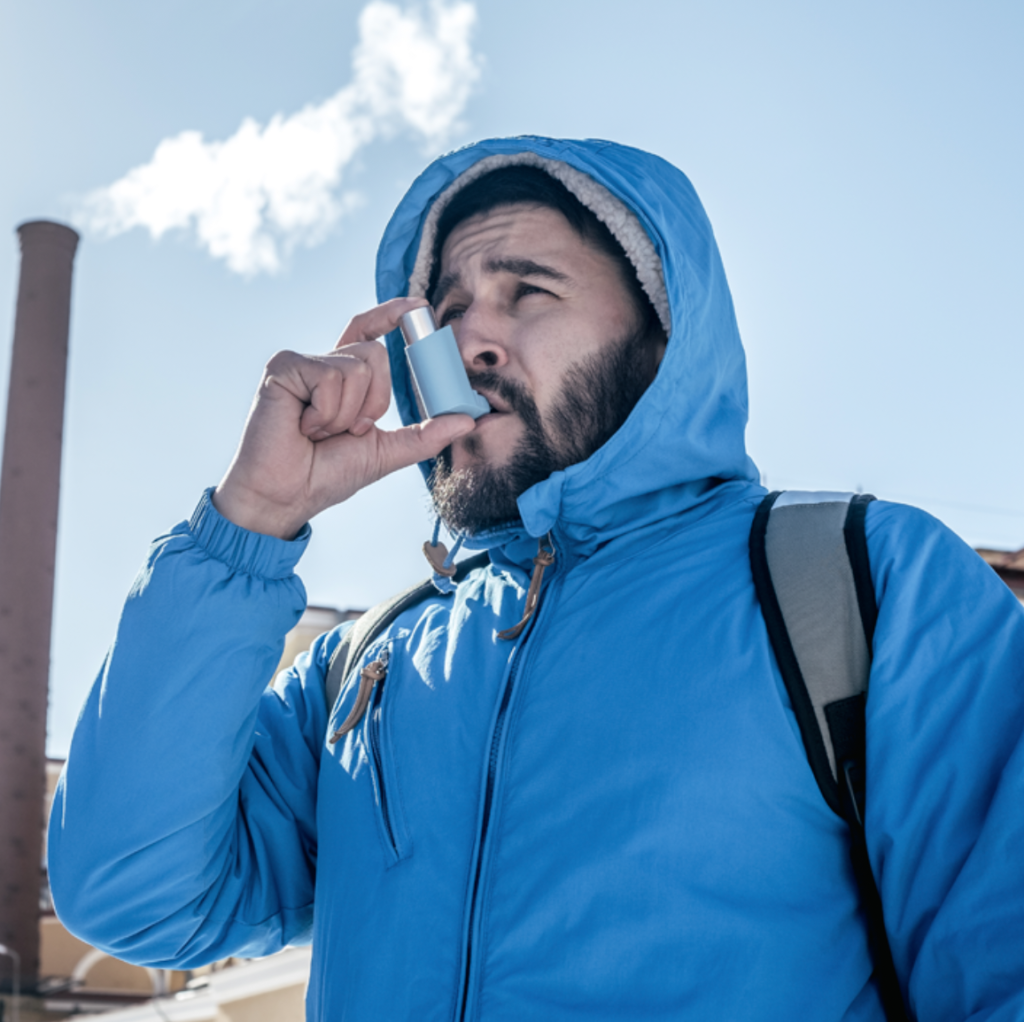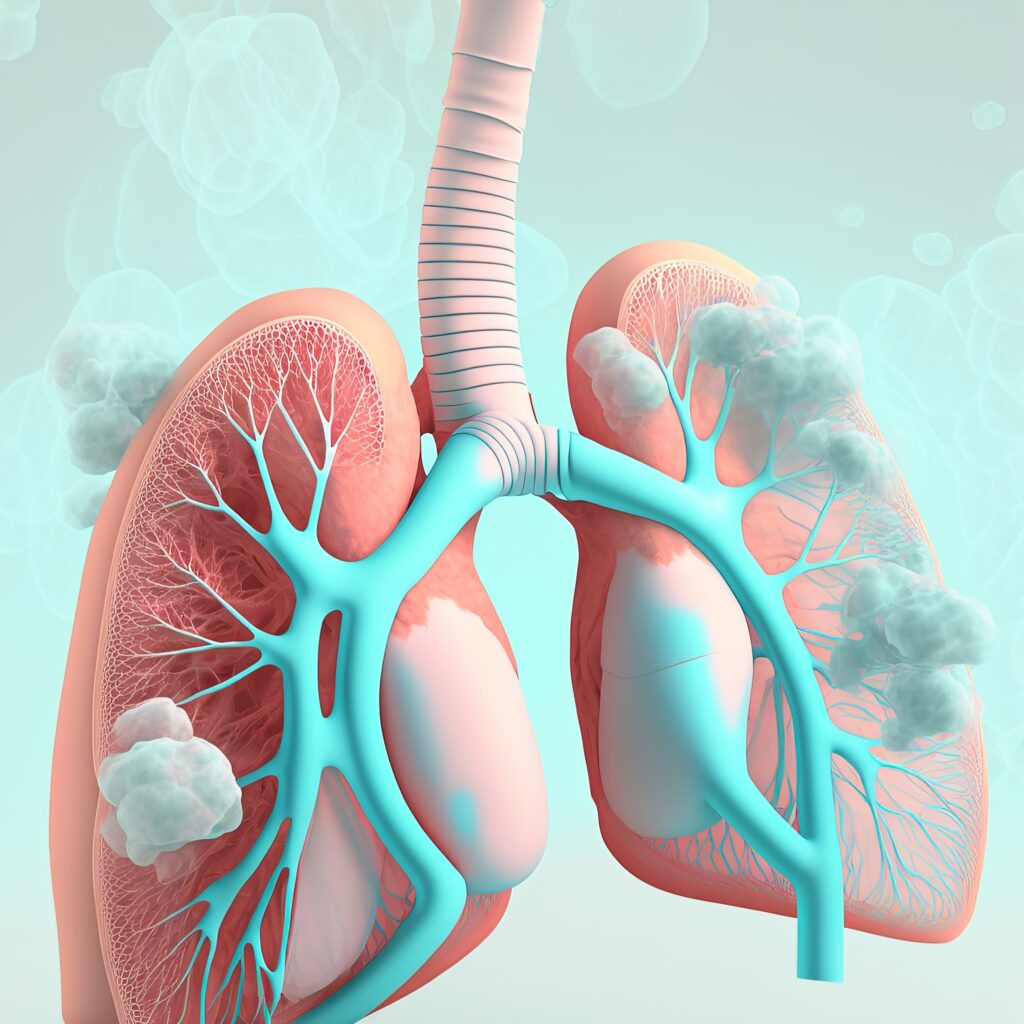
Asthma Causes In Children
The below content is derived from research done using sources available on the internet. Safey Medical Devices Inc and its subsidiaries do not take any responsibility for the accuracy of the content. No medical decision should be taken on the basis of below content without consulting with your Medical Practitioner.
What causes asthma in children? What are the most common causes? Find out a range of different causes and handy information about children and asthma.
Knowing whether a child has asthma can be difficult for those without proper medical training as a youngster will not be able to tell an adult what is exactly wrong should they have difficulty breathing.
Furthermore, a young child may not be able to understand how to complete an airflow test or spirometer test, making a diagnosis even harder.
But even if a diagnosis is made, there may still be a certain amount of mystery around the cause of asthma for your child or children.
To help you understand more about the problem, we have created this simple guide to highlight what the root causes of the issue may be and what you can do if you need treatment for your child’s asthma.
Asthma causes and what triggers asthma attacks
Unfortunately, doctors and scientists have yet to discover what causes asthma, only that it is a chronic inflammatory disease which affects the respiratory system, however, the severity of symptoms can vary dramatically from one person to another as well as the variety of triggers which bring on an attack.
Simply put, we don’t know what causes asthma in children but we do know what the triggers are which make the airways of a sufferer narrower and filled with mucus while becoming inflamed.
However, there are a number risk factors which are speculated to contribute to a child being born with asthma, including;
- A family history of asthma or allergies
- Low birth rate
- Exposure to tobacco smoke before or after birth
One of the most common causes of asthma symptoms rising in children, is allergic reactions.
The human immune system is incredibly powerful and helps fight off deadly diseases, however, its effectiveness can cause damage to the body.
An allergy is caused when the immune system thinks that an otherwise harmless substance, is attacking the body such as pollen from flowers, animal hair or certain kinds of foods.
When it comes to asthma, the most common cause of a flare up is via inhaled allergens.
The most common allergens include;
- Animal dander (skin or saliva)
- Dust mites
- Cockroach particles
- Mold
- Pollen
When it comes to children and finding out what causes their asthma symptoms to arise, it critical to note their environment when a flair up is obvious.
This will help you understand what the specific cause of the asthma attack is as it will vary from one child to another.
It is also important to understand what an asthma attack looks like and what the early signs are, as a child may not be able to communicate what is causing them difficulties, which is what the next section will cover.
How to tell if a child has asthma
Once more, the severity of asthma symptoms will vary from one child to another, however, there are a number of signs to look out for if you think there is a problem with your child’s respiratory system.
- Low energy
- Fast breathing without obvious cause such as running
- Whistling sound when breathing
- Chronic coughing
- Tight neck or chest
If you notice any of the issues affecting a child or any other breathing problems, make sure to take them to a doctor as soon as possible and describe how the youngster has suffered and what environment they have been in.
This will help the doctor to understand what the cause of an asthma attack may be as well as the severity of the problem.
Unfortunately, as highlighted earlier, tests may not be accurate for children under the age of five as they may not be able to perform the physical tests such as blowing as hard as they can into a spirometer, a device used to detect respiratory issues.
Can a child be cured of asthma?
There is no direct cure for asthma, however, it is not uncommon for a young person to grow up and have the problem disappear.
The problem may never be completely alleviated, however, it may become less severe with time.
Are more children at risk of asthma?
Unfortunately, the number of children being diagnosed with respiratory problems and asthma is on the rise and there is one clear culprit responsible, emissions from vehicles.
In built up areas such as cities, the levels of air pollution are rising due to more and more vehicles being on the road and more people living in metropolitan areas, unfortunately, the number of diesel cars which are on the road make the problem even worse as the particles which come out of an exhaust of a diesel car can be incredibly damaging towards children.
Studies are being conducted all over the world to try to understand how air pollution is affecting people and specifically children as highlighted in this report where a nine year old girl died after an asthma attack which was linked to illegal levels of air pollution.
The same news outlet reported that in 2017 alone;
1,320 people died as a result of asthma which was an increase of 25% on the year before according the Office for National Statistics.
Due to the fact that the bodies of children are not as well developed as adults, they are not as well equipped to handle the levels of toxicity in the air, therefore, experts often warn parents to keep their children indoors if they are near a busy road and in busy cities.
How to treat asthma in children
If you suspect that your child is suffering from asthma, take them to a doctor as soon as possible for an assessment.
Once a diagnosis has been provided, a number of treatments may be administered, though the most common include smart inhalers and antihistamines to fight allergens.
Once more, there is not a direct known asthma cause or what asthma causes there may be, however, keeping a child away from second hand smoke, highly polluted areas and damp spaces will help to prevent respiratory problems.
To discover more about intelligent solutions to treating asthma get in touch with Safey by emailing [email protected].









